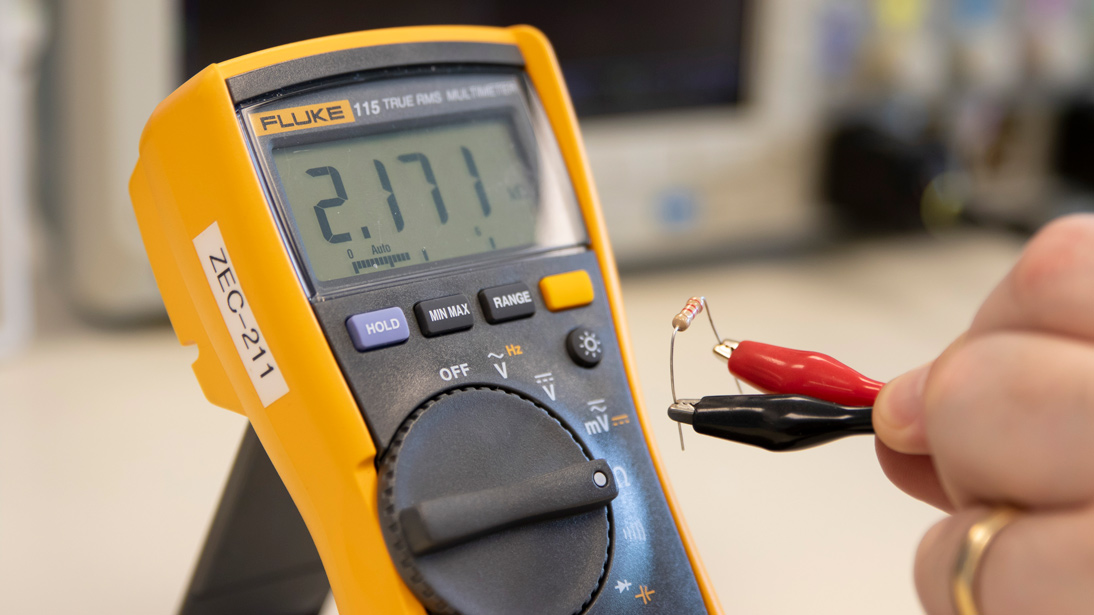In the realm of technology, the terms 'electronic devices' and 'electrical devices' are often used interchangeably. However, these two categories of devices have distinct differences, both in their fundamental principles and their applications. This article aims to provide a comprehensive comparison between electronic devices and electrical devices, shedding light on their unique characteristics, functionalities, and the roles they play in our daily lives.
Electronic devices and electrical devices both operate on the principle of manipulating electrical currents. However, the primary difference lies in how they control these currents. Electrical devices use electricity to perform a mechanical function, such as turning a motor or producing heat. On the other hand, electronic devices use electricity to manipulate and process information.
Electrical devices are typically simpler in design and operation. They include appliances like electric heaters, refrigerators, and electric motors. These devices convert electrical energy into other forms of energy, such as heat or mechanical energy. They operate on the principles of electromagnetism and rely on the flow of electric current through a circuit.
Electronic devices, on the other hand, are more complex. They include devices like computers, smartphones, and televisions. These devices use semiconductors, primarily silicon, to control and manipulate the flow of electrons in a precise manner. They operate on the principles of quantum mechanics and rely on the manipulation of electric charge to process information.
The applications of these two types of devices also differ significantly. Electrical devices are commonly used in industrial settings, where large amounts of power are required. They are also prevalent in household appliances and transportation systems. Electronic devices, however, are more prevalent in information processing, communication, and entertainment sectors. They are integral to the functioning of modern society, enabling everything from global communication networks to advanced medical equipment.
In terms of energy efficiency, electronic devices generally have the upper hand. They are designed to operate at low power levels, making them more energy-efficient and environmentally friendly. Electrical devices, on the other hand, often require large amounts of power and can be less energy-efficient.
In conclusion, while electronic devices and electrical devices both manipulate electrical currents to perform their functions, they differ significantly in their principles of operation, complexity, applications, and energy efficiency. Understanding these differences is crucial for anyone involved in the design, manufacture, or use of these devices. As technology continues to evolve, the line between these two categories may blur, but their distinctive characteristics and applications will continue to shape our world.


Average Rating